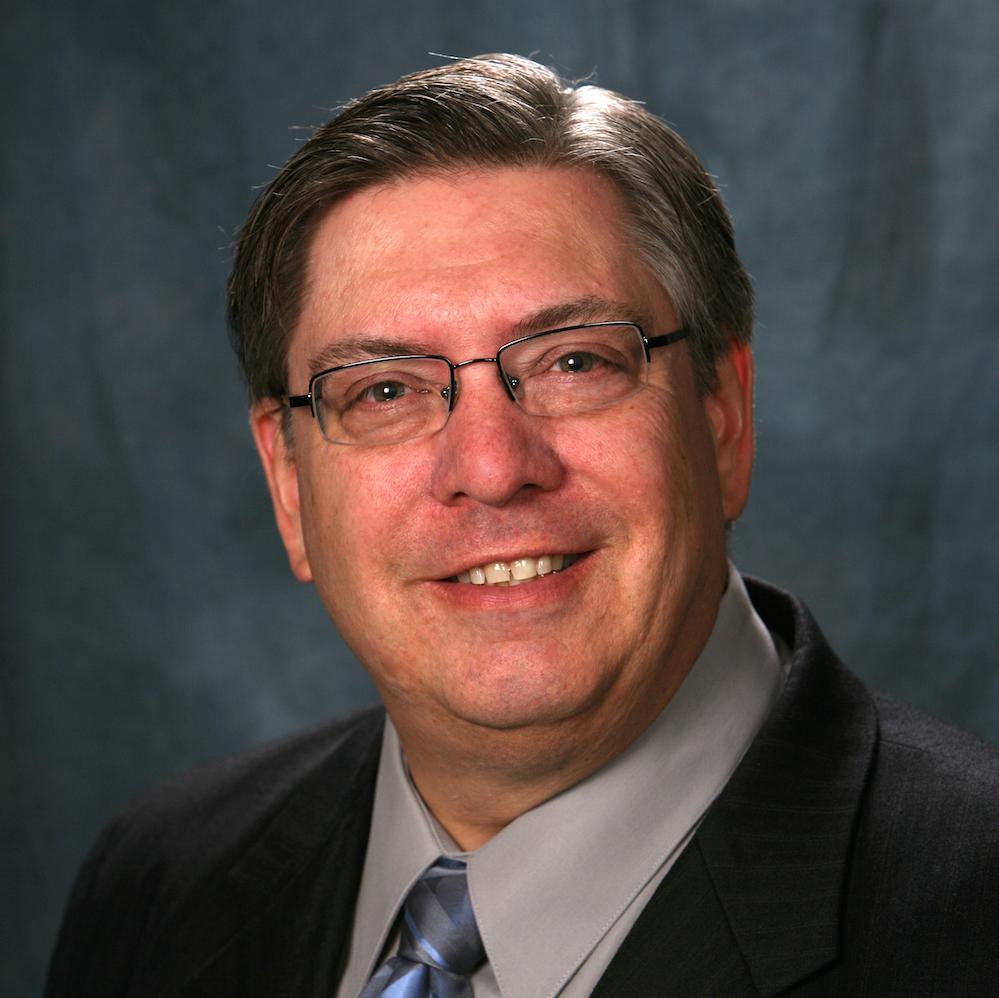News
Dr. Darryl Rich, of Institute of Safe Medication Practice, to Deliver Commencement Address at TCOP Graduation
Medication Safety Pioneer to Offer Advice on Changing Field

Through his long and august career, Dr. Darryl Rich has been at the forefront of pharmaceutical safety practices. Dr. Rich is currently a Medication Safety Specialist with the Institute for Safe Medication Practices (ISMP), where he works with healthcare agencies to improve medication safety.
Prior to his work at ISMP, Dr. Rich spent twenty years at The Joint Commission most of those at their headquarters managing and training their surveyors and interpreting standards. For his commitment to improving medical practices, Dr. Rich received the Lifetime Achievement Award from ISMP in 2009. While he has been incredibly productive in his field, he still managed to make time for golf and has managed to golf in every state in the United States. (His favorite? New Mexico.) In a career spanning almost three decades, Dr. Rich has witnessed first-hand the changing nature of the pharmacy field. He spoke with Touro about his experiences and his thoughts on where the field is headed.
How did you decide to become a pharmacist?
I was going into pre-med but I discovered that I liked the aspects of biochemistry and pharmacology and the effects of drugs on patients. I was less fond of the surgery elements. I had a relative who was a pharmacist and he told me about what pharmacists were doing clinically and that pushed me towards the profession.
How did medication safety become such a focus in the profession?
When I was working at the Joint Commissions one of the first major public safety errors occurred. It was with chemotherapy: a pharmacist made a dosing error that killed a patient. It made the Boston Globe and the national news. As a result of that, there’s been more focus on medication safety. The numbers were astounding and it took on a growing importance in the national consciousness. The Institute of Medicine came out with a study that said medication errors were as common as car accidents. I felt drawn to it. Part of the mission of the Joint Commission is to ensure the safety of patients. The Institute for Safe Medication Practices was founded to deliberately prevent medication errors.
Was there anything you felt was essential to your success in the field?
I think one of the keys to my success was I had a good mentor. When things changed at the home infusion company I worked at and I went to the Joint Commission, I did it on the advice of my mentor who was my residency preceptor. A mentor is a sounding board—a person you can call for advice and someone who leads by example. A mentor is someone who has a good professional career that you respect, but is also willing to open up doors for you.
What kind of changes have you witnessed during your time as a pharmacist?
I’ve seen a growth in more clinically-oriented practices. I’ve seen better acceptance for pharmacists in the medical decision process. I’ve seen improvements in medication safety and a growth in more post-graduate residency training in community pharmacy and other settings. The profession was in transition and still is. In more non-traditional roles, pharmacists are recognized for their values and their experiences. They’re utilized more and more.
When I did my residency at Rhode Island Hospital, I did a rotation in the emergency department. It was a learning experience for me and the rest of the hospital staff. After I left they asked for a pharmacist to be assigned to the ED. Now it’s becoming more common to have a pharmacist in the ED. Recently, I looked at a situation in clinical pharmacy where they are bringing on technicians in a supportive role to help pharmacists, so pharmacists can do more clinical activities instead of paperwork.
Do you think the country is moving in the right direction regarding medicines?
I believe that healthcare organization and professionals are moving in the right direction. But despite the great improvement in medication safety, a lot still has to be done. People have a better understanding of how to prevent harm and are more empowered than they were before. They speak up when things aren’t done right.
One of the biggest threats to medication safety is that some people are sacrificing safety for economic or business purposes. I think that the cost of medications, pricing policies and drug shortages are creating a big challenge for people; all of this is due to certain decisions being based on what’s best economically for businesses. Organizations are failing to implement known safety practices and are even going back on certain things. You can see that across the board and it’s creating challenges for pharmacists.
What changes do you see in the future of the pharmacy field?
A lot of things today are driven by computer systems and electronic health systems with clinical decision support systems. There are new positions like Infomatic Pharmacists that are much more technology oriented; there are Medication Safety Officers who focus on medications safety. These positions were not available four or five years ago. I was one of the first hospital surveyors at the Joint Commission and now that position is becoming more common. There are a new variety of technologies like IV infusion and implantable devices. We’ve seen so much change in technology and it’s escalating exponentially. Pharmacist have a role to play with all these changes.
Any advice for the new pharmacists?
Don’t stay within your own silo. Look at what’s doing in other areas of not only pharmacy practice but healthcare in general. Be actively involved in professional associations. Further your education on a continuing basis, not just for a CE requirement. By continuously educating yourself you’re improving yourself and helping your patients.

